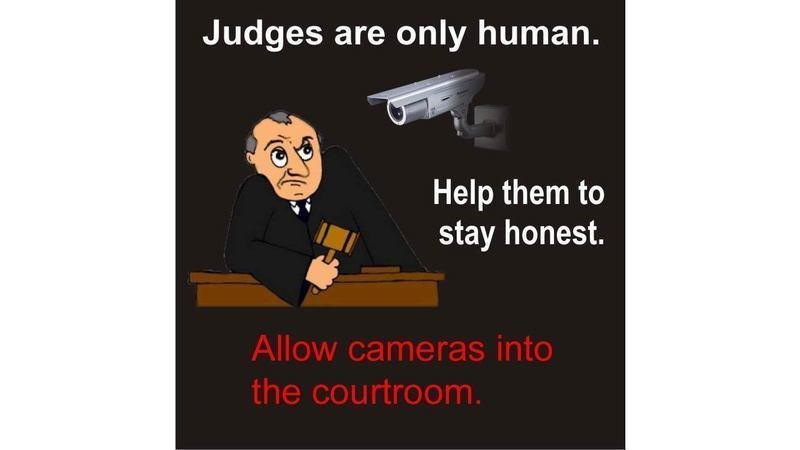L’ALCO a envoyé la lettre ci-dessous à la ministre de la Justice du Canada, concernant l’affaire du Dr Hassan Diab :
Donate to OCLA
Sign Up to OCLA’s Email List
Recent Work
Feb. 22, 2024: OCLA signs open letter to Canadian ministers: Stop genocide or resign
Nov. 30, 2023: OCLA hosts report "Fisman et al.’s Psi (Ψ) index is ill-defined and leads to absurd interpretations"
Sep. 17, 2023: OCLA hosts report "COVID-19 vaccine-associated mortality in the Southern Hemisphere"
Mar. 29, 2023: OCLA Report: "The Court of Appeal for Ontario’s decision in J.N. v. C.G. brings the province’s appellate judiciary into disrepute"
Feb. 9, 2023: OCLA hosts report: "Age-stratified COVID-19 vaccine-dose fatality rate for Israel and Australia"
Dec. 30, 2022: OCLA's 2022 Year in Review
Dec. 19, 2022: Refusal to be vaccinated not “misconduct” in new SST decision
Dec. 8, 2022: OCLA posts RN Andrew Brannan's public letter opposing action campaign for renewed mask mandates
Oct. 5, 2022: OCLA hosts report "Proof that Canada's COVID-19 mortality statistics are incorrect"
Sep. 20, 2022: OCLA’s submission to the Public Order Emergencies Commission
Aug. 3, 2022: Research article: COVID-Period Mass Vaccination Campaign and Public Health Disaster in the USA
Media Coverage
Sep. 17, 2023: "The Corruption of Canadian Courts: Denis Rancourt" Iron Will Report
Sep. 9, 2023: "Pro Tip: Civil Disobedience Against Mandatory Masking Works!!" Press for Truth
Jun. 10, 2023: "Ottawa physicist tells NCI the government killed more than the virus" Western Standard
May 30, 2023: "Wasaga Beach to use 3rd party to handle whistleblower complaints" Wasaga Sun
Dec. 23, 2022: "Federal tribunal overturns government's refusal to grant EI benefits to worker fired for refusing to be vaccinated" Rebel News
Dec. 1, 2022: "What Really Killed Millions? Interview with Denis Rancourt" Iron Will Report
Oct. 17, 2022: "Charte, coercition et injections - Entrevue avec Denis Rancourt et Joseph Hickey" Tribunal de l'Infaux
Aug. 11, 2022: "Study finds COVID vaccines were 'useless' in reducing all-cause mortality in USA" Western Standard
May 26, 2022: "Recent CMAJ study vilifying the unvaccinated is unwarranted" The Democracy Fund


